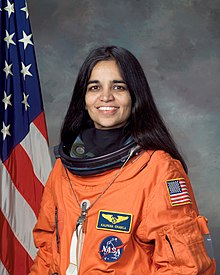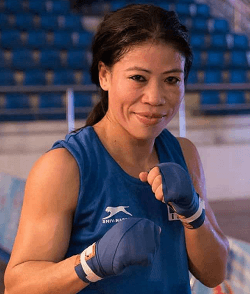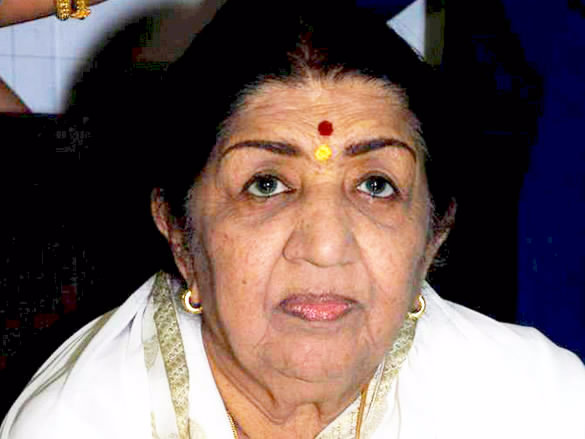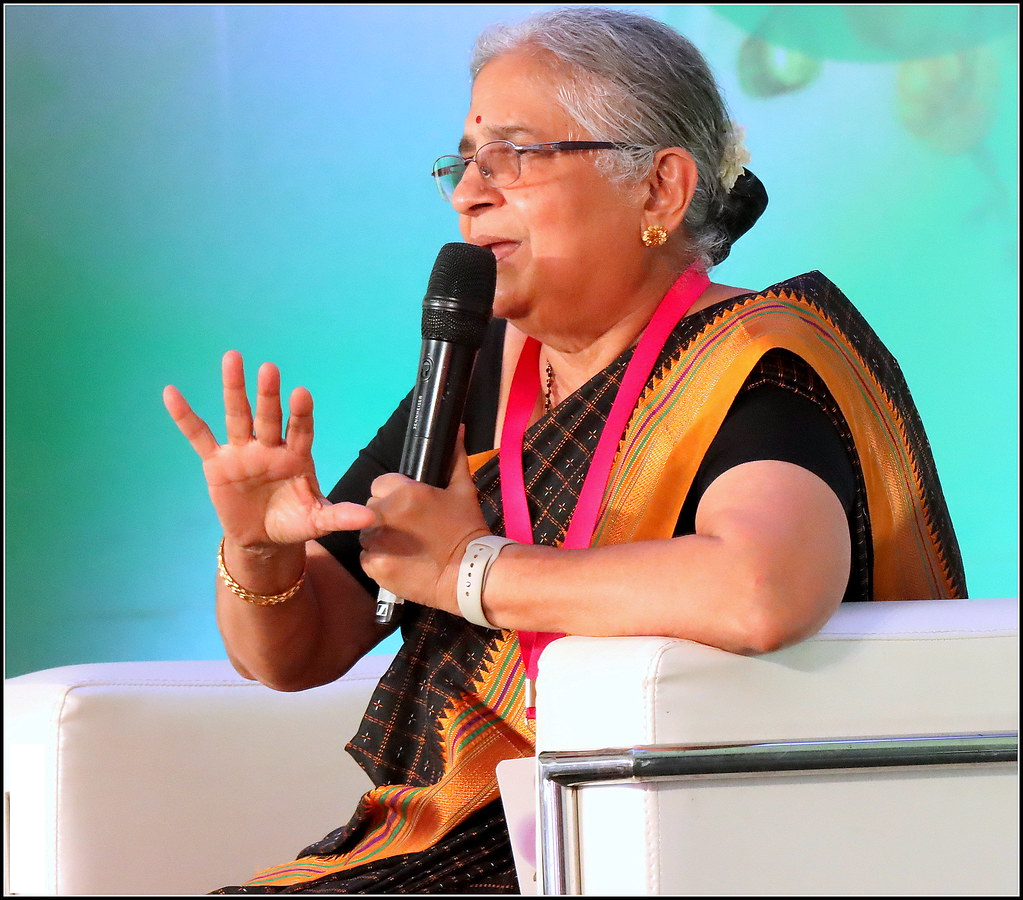Celebrating Women’s Day 2024
Every year on March 8th, the world marks International Women’s Day, a time to recognize the achievements of women and advance gender equality. When we celebrate International Women’s Day in 2024, we must assess our achievements and acknowledge the work still left to be done in order to create a society where all women can thrive.

This blog post seeks to discuss the ongoing struggles faced by women worldwide, highlight recent achievements, and analyze the significance of International Women’s Day. We will also talk about the importance of intersectionality in the fight for gender equality and provide ideas on how individuals and organizations can create a more welcoming and egalitarian society.
What International Women’s Day Means:
The first International Women’s Day was observed more than a century ago. Its past is extensive. Women first organized during the labor movement in the early 1900s to express their disapproval of unfair labor practices, low wages, and the lack of voting rights. Since then, it has developed into a worldwide celebration of women’s accomplishments in a range of industries, including the arts, business, science, and politics.
This day serves as an indication of the continuous fight for gender equality and the importance of addressing problems including discrimination in the workplace, uneven access to healthcare and education, and violence against women. It also offers a chance to recognize the accomplishments made by women across history who cleared the path for later generations.
Progress Made:
Significant progress has been made in many regions of the world toward gender equality in recent years. More women are participating in politics and occupying leadership and powerful positions. Efforts to address violence against women have raised awareness and generated crucial debates, while initiatives to support girls’ education have contributed to closing the disparity between men and women in literacy rates.
The #MeToo movement has also brought attention to the pervasiveness of sexual harassment and assault, which has increased accountability for offenders and changed society’s attitude toward accepting and empowering survivors. These accomplishments show the value of speaking up against injustice and the strength of group effort.
Challenges Ahead:
The road to gender equality still has a lot of obstacles, in spite of these developments. In many facets of their lives, such as work, healthcare, and representation in decision-making processes, women still experience systematic prejudice and hurdles. In addition to women of color, LGBTQ+ women, and women with disabilities facing intersecting kinds of discrimination that exacerbate their disadvantages, there is still a gender pay gap, with women earning less than men for doing the same work.
In addition, the COVID-19 epidemic has made already-existing disparities worse and has disproportionately impacted women, especially those from underrepresented groups. Women have been most affected by the economic and social effects of the epidemic, from job losses to increased caregiving obligations; this emphasizes the need for an inclusive approach to recovery efforts.
Intersectionality and Inclusivity:
Intersectionality, which recognizes that women’s experiences are affected by numerous intersecting identities, including race, class, sexual orientation, and disability, is one of the fundamental ideas in the struggle for gender equality. In order to build an inclusive and egalitarian movement that uplifts all women, especially the vulnerable and underrepresented ones, it is imperative that these intersecting forms of discrimination be acknowledged and addressed.
Moving Forward:
In 2024, on International Women’s Day, let us pledge once more to work toward social justice and gender parity. All societal levels must work together to achieve this, from grassroots movements to legislative change. It is imperative that we persist in our pursuit of equal rights and opportunities for women, confront detrimental gender conventions and stereotypes, and elevate the perspectives of women hailing from varied backgrounds.
Individuals can contribute to this effort by supporting women-owned businesses, mentoring and empowering young girls, and advocating for gender-inclusive policies in their communities and workplaces. Education and awareness-raising are also crucial, as understanding the root causes of gender inequality is essential for effecting meaningful change.
Salute to them!
Kalpana Chawla
The first woman of Indian descent to fly into space was American astronaut and aerospace engineer Kalpana Chawla. As the principal robotic arm operator and mission specialist on STS-87, she made her maiden flight on Space Shuttle Columbia in 1997.

Saina Nehwal
Indian professional badminton player Saina Nehwal plays the game. She was formerly ranked number one in the world and has won 24 international championships, eleven of them Superseries. She finished second in the world in 2009, but she didn’t finish first in the world until 2015.

Sarojini Naidu
Following India’s independence, Sarojini Naidu, an Indian poet and political activist, was appointed as the first Governor of the United Provinces. Her contribution to the Indian independence fight against the British Raj was significant.

Nita Ambani
Nita Ambani is an Indian businesswoman and philanthropist. She is a director of Reliance Industries, the chairperson and founder of the Reliance Foundation, and the Dhirubhai Ambani International School. Mukesh Ambani, the chairman and managing director of Reliance Industries, is her husband.

Mary Kom
Mangte Chungneijang Mary Kom, an Indian Olympian boxer, is also a politician and a former Rajya Sabha member.
Mary Kom is the first Indian woman to win an Olympic boxing medal and the woman who made India proud by setting a record six times as the World Amateur Boxing Champion.

Hima Das
The first Indian woman athlete to win the gold medal in a track event at the IAAF World U20 Championships is sprinter Hima Das.

Savitribai Phule
Savitribai Phule was a poet, a social reformer, and one of the first female educators in India. Her husband, Jyotiba Phule, lived in Maharashtra, and she both made significant contributions to the advancement of women’s rights in India. She is credited with starting the feminist movement in India.

Anandi Gopal Joshi
Originally from India, Anandibai Gopalrao Joshi became the first female doctor in Western medicine. She was the first Indian lady from the former Bombay presidency to study in the United States for two years and earn a degree in western medicine. Anandibai Joshi and Anandi Gopal Joshi were other names for her.

Lata Mangeshkar
Indian playback vocalist Lata Mangeshkar also served as an occasional composer of music. She is regarded as one of the Indian subcontinent’s best and most significant vocalists. One of the things that bound South Asians together across boundaries was her voice.

Sudha Murty
Indian author, philanthropist, educator, and former Infosys Foundation head Sudha Murty. She is married to N. R. Narayana Murty, an Infosys co-founder. Murty received a nomination to the Rajya Sabha in 2024.

Conclusion:
In addition to honoring women’s accomplishments, International Women’s Day serves as a catalyst for action toward gender equality. Let us stand in solidarity with women worldwide and strive for a future where every woman and girl can live free from prejudice and violence and realize her full potential as we consider the accomplishments to date and the difficulties that lie ahead. We can create a more equitable and welcoming world for future generations if we work together.